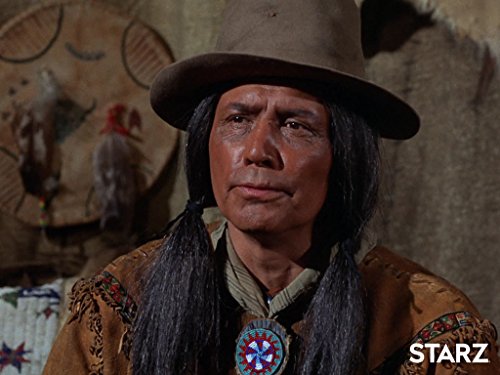Breaking news: The legacy of Jay Silverheels, the beloved actor known for his portrayal of Tonto in “The Lone Ranger,” is now overshadowed by a heartbreaking revelation from his wife, Mary. After his passing in 1980, she uncovered the hidden anguish he endured throughout his life, a secret that sheds light on the painful struggles behind his iconic public persona.
 Born Harold J. Smith on May 26, 1912, in Ontario, Canada, Silverheels was a proud member of the Mohawk Nation. His journey from a celebrated lacrosse player to a Hollywood icon was marked by triumphs and trials that reflected the duality of his existence. While he captivated audiences as Tonto, a character that became a symbol of Native American representation, he wrestled with the limitations imposed upon him by an industry that often reduced him to stereotypes.
Born Harold J. Smith on May 26, 1912, in Ontario, Canada, Silverheels was a proud member of the Mohawk Nation. His journey from a celebrated lacrosse player to a Hollywood icon was marked by triumphs and trials that reflected the duality of his existence. While he captivated audiences as Tonto, a character that became a symbol of Native American representation, he wrestled with the limitations imposed upon him by an industry that often reduced him to stereotypes.
Mary Silverheels revealed that her husband’s final years were filled with excruciating physical pain and emotional turmoil. Suffering from the effects of multiple strokes, Jay struggled to maintain his dignity, often expressing a deep-seated fear of being forgotten. “A warrior doesn’t show weakness,” he confided to Mary, yet behind that facade was a man grappling with the weight of his legacy and the pain of being misunderstood.

As his health declined, Jay became increasingly reflective, haunted by the contrast between his public image and private struggles. His wife shared that he often felt trapped by the role of Tonto, which, while beloved, perpetuated a narrow view of Native American identity. “They love Tonto,” he lamented, “but they don’t see Jay Silverheels.” This poignant admission reveals the complexity of a man who sought to inspire future generations while battling the guilt of embodying a character that echoed harmful stereotypes.
Mary’s decision to reveal these intimate details after Jay’s death was not just about sharing his suffering; it was a powerful act of love aimed at honoring his true identity. She hoped to convey that Jay’s greatest strength lay not only in his on-screen performances but in the quiet courage with which he faced a lifetime of prejudice and pain.
The response to this revelation has been profound, transforming the public’s perception of Jay Silverheels. He is no longer just the loyal sidekick or the noble native hero; he is now recognized as a symbol of resilience, integrity, and the unspoken struggles faced by indigenous actors. His story serves as a powerful testament to the enduring fight for authentic representation in entertainment.
As fans and colleagues across North America mourn the loss of this cultural icon, they also celebrate the legacy he left behind—a legacy built not only on the roles he played but on the strength of a man who carried his truth with grace until the very end. Jay Silverheels passed away on March 5, 1980, at the age of 67, but his influence continues to inspire and pave the way for future generations in the entertainment industry.





